News
Consumer Reports Says Tesla Warranty Upgrade Not Enough
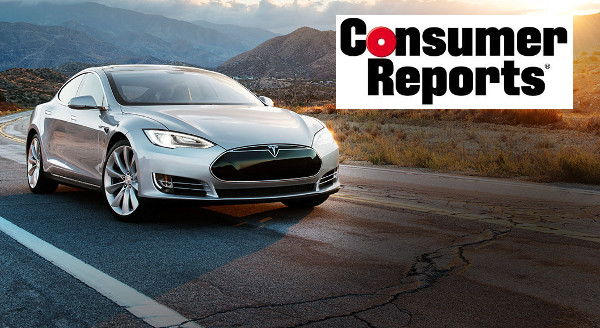
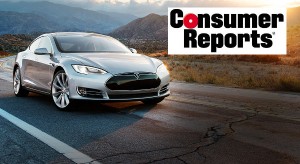 Consumer Reports has acknowledged the recent announcement of Tesla’s Infinite Mile Warranty, but plays it down due to lack of full coverage.
Consumer Reports has acknowledged the recent announcement of Tesla’s Infinite Mile Warranty, but plays it down due to lack of full coverage.
Consumer Reports downplays Tesla warranty upgrade
Consumer Reports buys and reviews its products, which it then publishes on its magazine and website for members to read. However, the organization typically focuses on the best bang for your buck, which theoretically should put the Model S at a disadvantage because of its luxurious price tag. In a recent article we covered here, Consumer Reports wrote that the Model S has flaws which started a media frenzy that was Tesla quickly squashed through the announcement of their Infinite Mile Warranty. Now Consumer Reports is back again with another article, saying: “Tesla extends warranty to cover Model S problems. 8-year, ‘infinite’ mile warranty adds motor coverage but skips body hardware”
Consumer Reports says Tesla warranty not enough
The magazine says the warranty extension comes after many reported experiencing problems with the Model S. Most of the problems they ran into didn’t involve the powertrain. The story concludes that the new warranty wouldn’t have covered these types of problems. Instead, the problems Consumer Reports had faced revolve around the door handles being retracted when not needed, as well as experience of a blanked out center screen. A more alarming item is their report of a failure with the third-row seat belt.

Elon Musk
Elon Musk to attend 2026 World Economic Forum at Davos
The Tesla CEO was confirmed as a last-minute speaker for a session with BlackRock CEO Larry Fink.
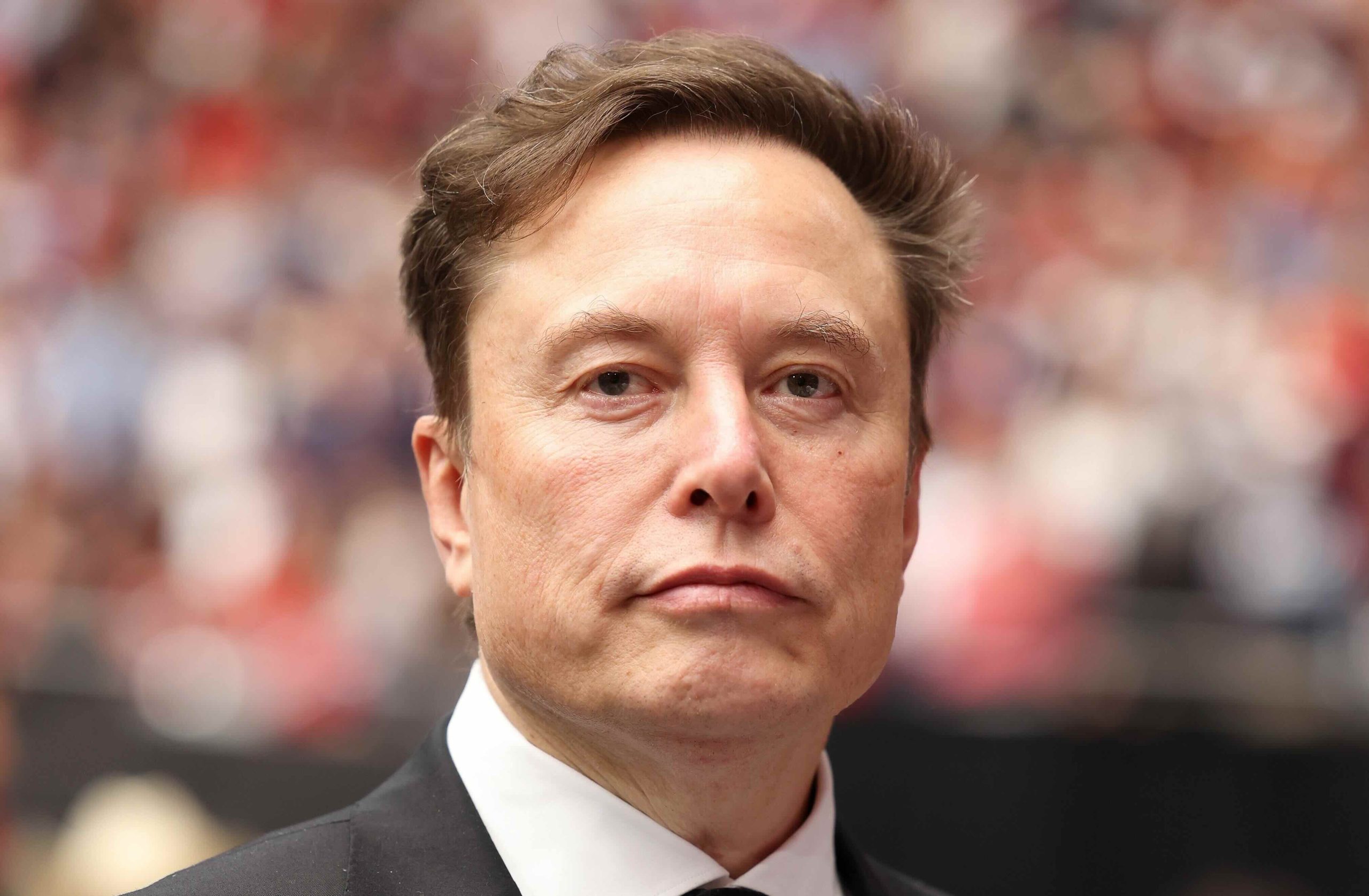
Elon Musk is poised to attend the 2026 World Economic Forum in Davos. The Tesla CEO was confirmed as a last-minute speaker for a session with BlackRock CEO Larry Fink, signaling a thaw in Musk’s long-strained relationship with the event.
A late addition
Organizers of the World Economic Forum confirmed that Elon Musk was added shortly before the event to a Thursday afternoon session, where he was scheduled to speak with Fink, as noted in a Bloomberg News report. Musk’s upcoming appearance marks Musk’s first participation in the forum, which annually draws political leaders, business executives, and global media to Davos, Switzerland.
Musk’s attendance represents a departure from his past stance toward the event. He had been invited in prior years but declined to attend, including in 2024. His upcoming appearance followed remarks from his political ally, Donald Trump, who addressed the forum earlier in the week with a wide-ranging speech.
A previously strained relationship
Musk had frequently criticized the World Economic Forum in the past, describing it as elitist and questioning its influence. In earlier posts, he characterized the gathering as “boring” and accused it of functioning like an unelected global authority. Those remarks contributed to a long-running distance between Musk and WEF organizers.
The forum previously said Musk had not been invited since 2015, though that position has since shifted. Organizers indicated last year that Musk was welcome amid heightened interest in his political and business activities, including his involvement in the Trump administration’s Department of Government Efficiency (DOGE). Musk later stepped away from that role.
Despite his friction with the World Economic Forum, Musk has remained central to several global events, from SpaceX’s provision of satellite internet services in geopolitically sensitive regions through Starlink to the growing use of xAI’s Grok in U.S. government applications.
News
Tesla states Giga Berlin workforce is stable, rejects media report
As per the electric vehicle maker, production and employment levels at the facility remain stable.
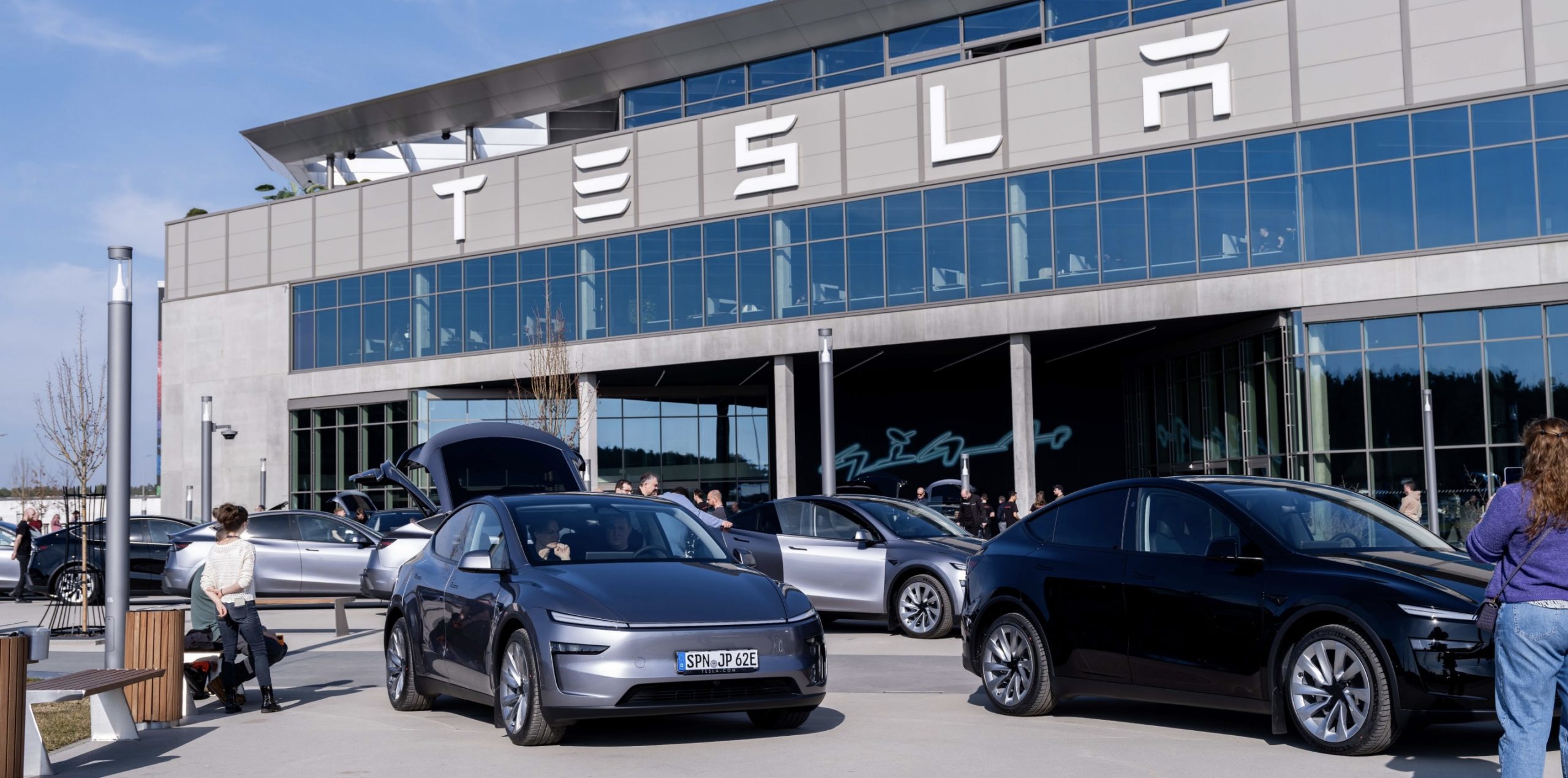
Tesla Germany has denied recent reports alleging that it has significantly reduced staffing at Gigafactory Berlin. As per the electric vehicle maker, production and employment levels at the facility remain stable.
Tesla denies Giga Berlin job cuts report
On Wednesday, German publication Handelsblatt reported that Tesla’s workforce in Gigafactory Berlin had been reduced by about 1,700 since 2024, a 14% drop. The publication cited internal documents as its source for its report.
In a statement to Reuters, Tesla Germany stated that there has been no significant reduction in permanent staff at its Gigafactory in Grünheide compared with 2024, and that there are no plans to curb production or cut jobs at the facility.
“Compared to 2024, there has been no significant reduction in the number of permanent staff. Nor are there any such plans. Compared to 2024, there has been no significant reduction in the number of permanent staff. Nor are there any such plans,” Tesla noted in an emailed statement.
Tesla Germany also noted that it’s “completely normal” for a facility like Giga Berlin to see fluctuations in its headcount.
A likely explanation
There might be a pretty good reason why Giga Berlin reduced its headcount in 2024. As highlighted by industry watcher Alex Voigt, in April of that year, Elon Musk reduced Tesla’s global workforce by more than 10% as part of an effort to lower costs and improve productivity. At the time, several notable executives departed the company, and the Supercharger team was culled.
As with Tesla’s other factories worldwide, Giga Berlin adjusted staffing during that period as well. This could suggest that a substantial number of the 1,700 employees reported by Handelsblatt were likely part of the workers who were let go by Elon Musk during Tesla’s last major workforce reduction.
In contrast to claims of contraction, Tesla has repeatedly signaled plans to expand production capacity in Germany. Giga Berlin factory manager André Thierig has stated on several occasions that the site is expected to increase output in 2026, reinforcing the idea that the facility’s long-term trajectory remains growth-oriented.
News
Elon Musk gets brash response from Ryanair CEO, who thanks him for booking increase
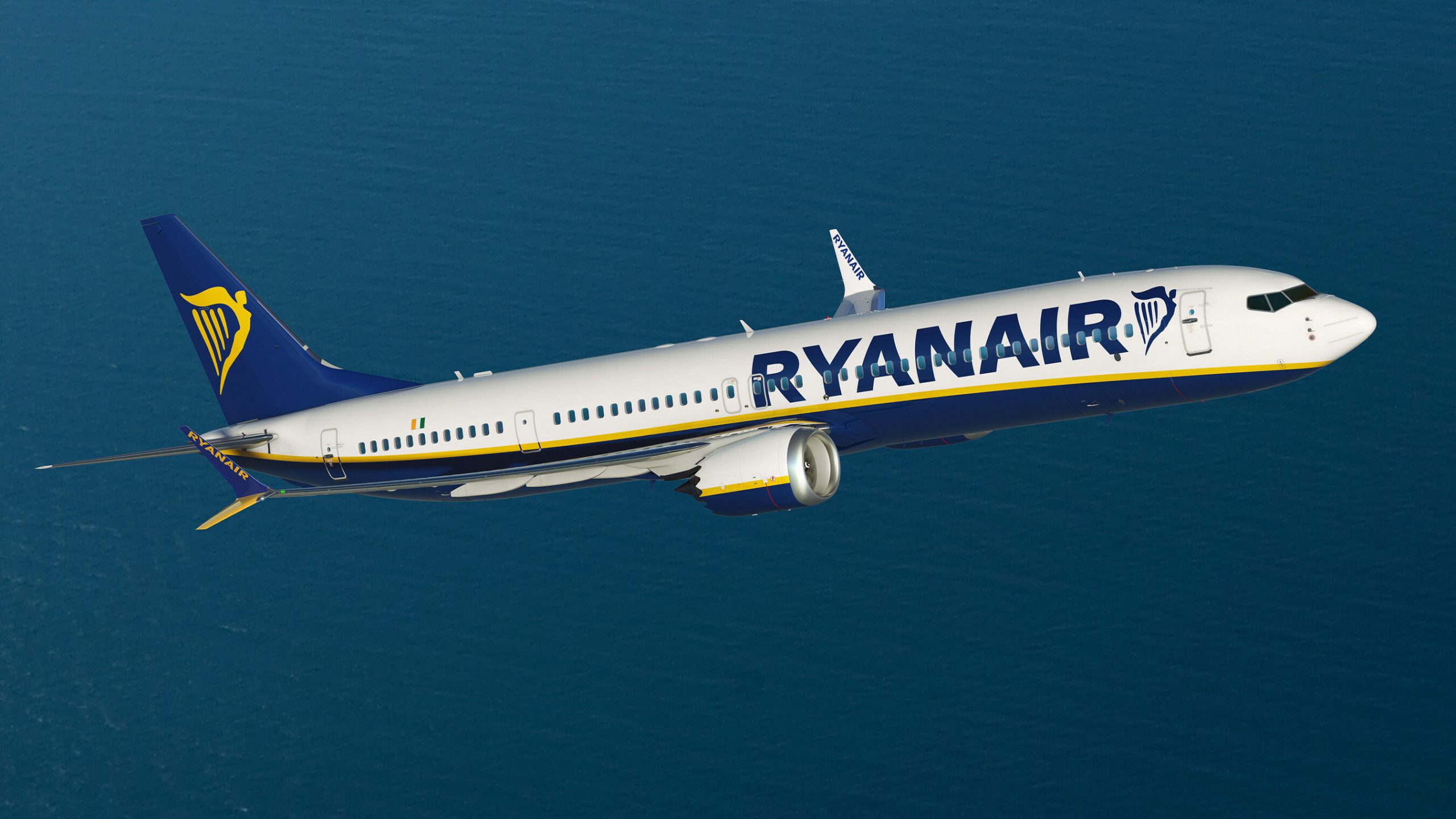
Elon Musk got a brash response from Ryanair CEO Michael O’Leary, who said in a press conference on Wednesday afternoon that the Tesla frontman’s criticism of the airline not equipping Starlink has increased bookings for the next few months.
The two have had a continuing feud over the past several weeks after Musk criticized the airline for not using Starlink for its flights, which would enable fast, free, and reliable Wi-Fi on its aircraft.
Tesla CEO Elon Musk trolls budget airline after it refuses Starlink on its planes
Musk said earlier this week that he was entertaining the idea of purchasing Ryanair and putting someone named Ryan in charge, which would oust O’Leary from his position.
However, the barbs continued today, as O’Leary held a press conference, aiming to dispel any beliefs about Starlink and its use case for Ryanair flights, which are typically short in length.
O’Leary said in the press conference today:
“The Starlink people believe that 90% of our passengers would happily pay for wifi access. Our experience tells us less than 10% would pay; He (Elon) called me a retar*ed twat. He would have to join the back of a very, very long queue of people that already think I’m a retar*ed twat, including my four teenage children.”
He then went on to say that, due to Musk’s publicity, bookings for Ryanair flights have increased over the past few days, up 2 to 3 percent:
“But we do want to thank him for the wonderful boost in publicity. Our bookings are up 2-3% in the last few days. So thank you to Mr. Musk, but he’s wrong on the fuel drag. Non-European citizens cannot own a majority of European airlines, but if he wants to invest in Ryanair, we think it would be a very good investment.”
O’Leary didn’t end there, as he called Musk’s social media platform X a “cesspit,” and said he has no concern over becoming a member of it. However, Ryanair has been very active on X for several years, gaining notoriety for being comical and lighthearted.
🚨 Ryanair CEO’s comments on X and Starlink today at the planned presser.
Strange comments here, it just feels like it’s time to end all this crap https://t.co/NYeG95bM82
— TESLARATI (@Teslarati) January 21, 2026
The public spat between the two has definitely benefited Ryanair, and many are calling for it to end, especially those who support Musk, as they see it as a distraction.
Nevertheless, it is likely going to end with no real movement either way, and is more than likely just a bit of hilarity between the two parties that will end in the coming days.








